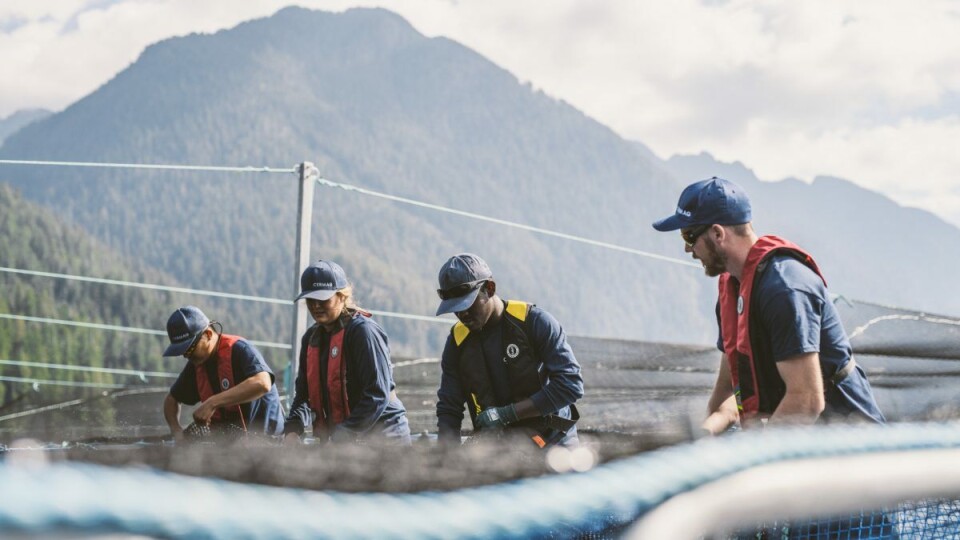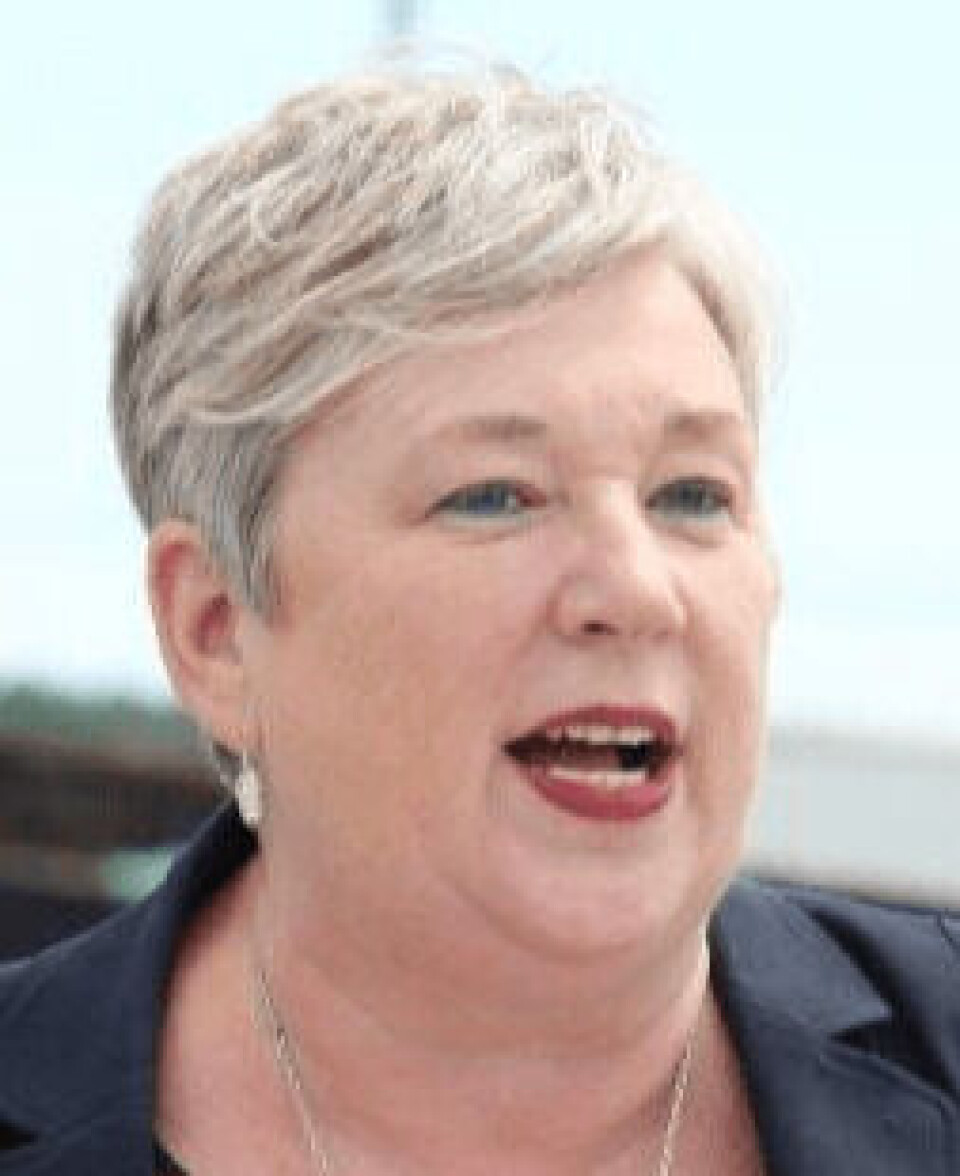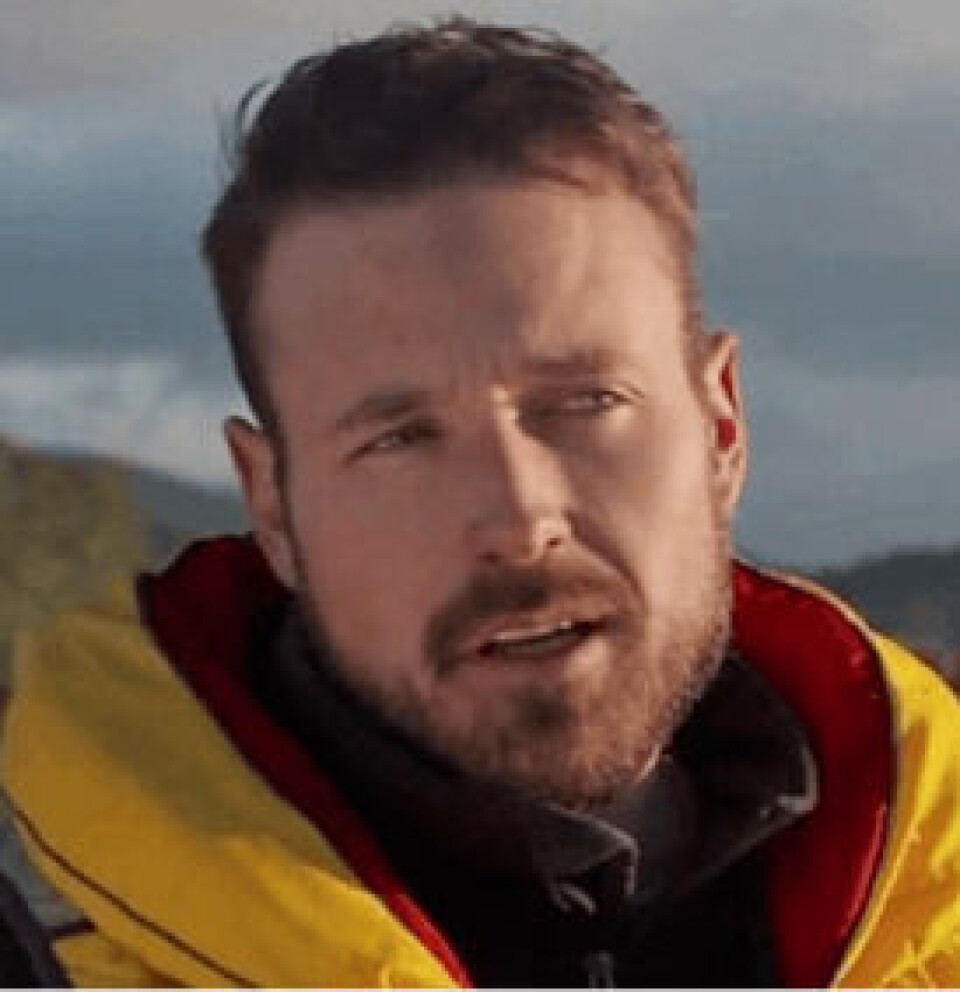
Cermaq blocked from transferring fish to Discovery Islands sites
Cermaq Canada has become the second salmon farmer to be denied permission to transfer fish into sites it operates in the Discovery Islands in British Columbia.
The refusal follows Canadian fisheries minister Bernadette Jordan’s decision last December to close 19 sites in the islands by June 30 next year, and the refusal of transfer licences for Mowi Canada West. Mowi won an injunction instructing Jordan to re-evaluate transfer applications, but it did not rule out her ability to refuse them.
Cermaq applied in April for permission to transfer almost 1.5 million smolts from its Cecil Island site to two other farms in the Discovery Islands, Venture Point and Brent Island, for grow-out to harvest size, reports Canada’s National Observer. The company also requested an extension of its current Discovery Islands licences to February 2023.
Fish may be euthanised
The requests, which would have resulted in fish being in the Discovery Islands sites beyond the 2022 deadline, were refused by Jordan’s Department of Fisheries and Oceans (DFO).
If the smolts cannot accommodated in other sites they will have to be euthanised.

‘Difficult’ decision
“The decision to deny Cermaq’s applications regarding fish farms in the Discovery Islands was a very difficult one,” Jordan’s office said in an email to Canada’s National Observer.
Jordan weighed the concerns and priorities from across the region when making the decision, the email said.
“It was made after careful consideration of multiple factors, including environmental and socio-economic concerns, as well as input from Indigenous communities and the aquaculture industry.”
Some First Nations in the region blame salmon farming for a decline in wild sockeye salmon populations and support Jordan’s actions, but both Cermaq and Mowi had agreed deals for a final transfer and grow-out with the First Nations in whose territories their farms are sited.

Rights unacknowledged
Cermaq Canada managing director David Kiemele told the Observer that the company had negotiated an agreement with the Wei Wai Kum First Nation and was disappointed by Jordan’s decision.
“It displays a lack of acknowledgment of the rights of the Wei Wai Kum Nation to make decisions regarding their core territory,” Kiemele said in an email to the Observer.
“This decision is therefore not in line with the Liberal government’s public commitment to reconciliation and hinders the plans to increase shared value for the local communities, which is a primary concern for Cermaq in Canada.”
Jordan’s decisions prevent the humane grow-out of a final cycle of salmon that has been years in planning and was slated to go to the farm sites, Kiemele said.
No time for dialogue
When announcing the closure of the 19 fish farms in the Discovery Islands last December, Jordan said her decision was largely the result of consultation with the seven First Nations whose traditional territories cover the region — including the Wei Wai Kum.
However, Wei Wai Kum chief Chris Roberts said in February that the First Nations were given inadequate time to have a “pragmatic dialogue”.
The First Nations were left with no alternatives, nor were they given the opportunity to arrive at an autonomous decision through the principles of the United Nations Declaration on the Rights of Indigenous Peoples (UNDRIP). Instead, they were left “wearing the decision” the federal government made for them.
‘Railroaded’ by the government
Brian Assu, former chief of another of the Discovery islands Nations, the We Wai Kai, said both his Nation and the Wei Wai Kum were “railroaded” by the federal government’s decision.
“We literally had 30 minutes between We Wai Kai and Wei Wai Kum to consult with the minister and out of that 30 minutes, 15 minutes of it basically was telling us she was going to announce her decision,” said Assu.
“When I say we got railroaded I really truly mean that. That’s our traditional territory and the government decided to base their decision on all external parties to us, including the Musqueam First Nation. So, it was a mess and neither Chris Roberts nor myself are very happy about it.”
The British Columbia Salmon Farmers’ Association has said that the Discovery Islands farm closures will result in 1,500 jobs losses in the industry and those that supply and service it.























































